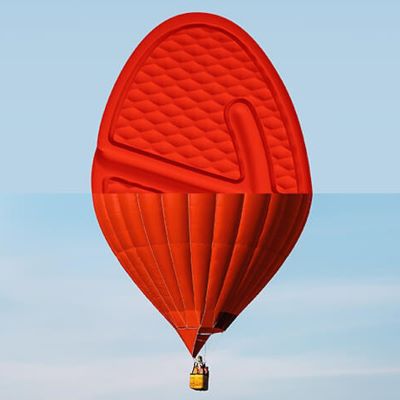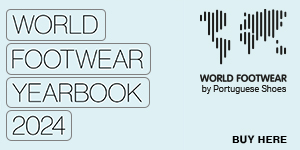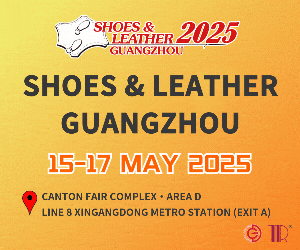Portugal aims to double its exports of technical footwear

The Portuguese footwear industry aims to double its exports of technical footwear to 100 million euros by the end of the decade. The FAIST project will be instrumental in achieving this goal
The Portuguese footwear industry is committed to doubling its exports of technical footwear to 100 million euros by the end of the decade. The FAIST mobilisation project, which brings together 45 partners and aims to develop a new generation of cutting-edge technology, will be instrumental in achieving this goal.
According to Florbela Silva, coordinator of the FAIST project, “the reindustrialisation and use of high-productivity processes should allow companies to produce small, medium and large orders at competitive prices, thus enabling them to enter the large distribution chains, especially in the more technical segments”. In her view, “FAIST will reposition the Portuguese footwear industry at an international level”.
The Portuguese industry has invested in producing technical footwear with high added value, supplying not only the main international security forces, but also hospitals, health centres and even airlines. A reality that will be reinforced by the investments currently underway.
“We have the knowledge, we have the installed capacity, and we are ready to expand our offer”, said Reinaldo Teixeira. For the President of the Portuguese Footwear Technological Centre (CTCP), “we have everything we need to position ourselves as a benchmark in the development of technical footwear”.
“Over the last twenty years, the professional footwear segment in Portugal has evolved significantly, following changes in the global economy, regulatory requirements and customer needs”, argues Albano Fernandes. The CEO of the Portuguese AMF recalls that, in the beginning, “the market was very focused on meeting basic safety and functionality standards. Companies were more concerned with mass production, offering robust and affordable footwear, mainly for sectors such as construction and heavy industry”.
However, “as the needs of workers and companies have evolved, we have seen a major change in the sector. Safety regulations have become stricter, driving innovation in the materials and technologies used in footwear. Today, there’s a growing demand for products combining protection with comfort, design and environmental concerns. The market is no longer limited to just meeting legal requirements, there is an increasing pressure to develop ergonomic, lightweight and aesthetically pleasing professional footwear”, he added.
Moreover, “the advent of digitalisation and the globalisation of the markets have also allowed us to expand the international reach of our companies. We are now able to compete in high value-added niches, exporting to markets that were previously virtually inaccessible”.
According to Teófilo Leite, head of the ICC, “the Portuguese professional footwear segment has developed in proportion to the growing global awareness of its added value in the protection and general state of good health of workers in the most diverse sectors of activity”. “We began by focusing on safety at work, but we quickly realised that we had to reconcile this with design, fashion trends, the choice of raw materials, the ability to test the compliance of our products with standards, as well as foot health, an area in which Lavoro was a pioneer almost 15 years ago”.
From a technical point of view, Teófilo Leite stresses that “the production of professional footwear is very demanding”, as all models must be certified in terms of various parameters. “It’s a highly regulated sector, with different standards from market to market”, which is why “there is no room for improvisation in this segment”.
Therefore, in order to drive growth, “rigour and patience are the most important requirements, even before idealising good models, selecting the best materials, having the best production teams, investing in cutting-edge technology, having the daily capacity to test materials and products, building a brand, not being dependent on price, establishing strategic partnerships and having an efficient sales force”.
Source and Image Credits: portugueseshoes.pt



















